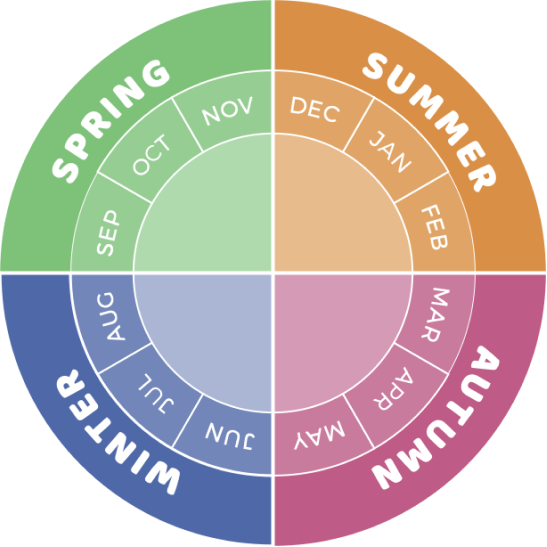Honeydew contains potassium, making it the perfect bite to nourish your nerves and move your mood.
*When eaten as part of a healthy varied diet.
Top tip: Store at room temperature for the juiciest honeydew and once cut open, pop in the fridge for three days.
Top tip: Freeze as ice poles for a healthy and refreshing treat.
Honeydew is available all year-round.

The recommended amount of fruit you should eat is 2 serves per day.
Source: Australian Dietary Guidelines, 2013)
One cup of honeydew (150g) counts as 1 serve of fruit.
|
Serving size: 150g (3/4 cup raw) |
||||||||||||||||||||||||||||||||||||||||||||||||||||||||
|
||||||||||||||||||||||||||||||||||||||||||||||||||||||||
|
Source: Aust Food Comp Data or ^ USDA data |
The recommended amount of fruit you should eat is 2 serves per day.
Source: Australian Dietary Guidelines, 2013)
One cup of honeydew (150g) counts as 1 serve of fruit.